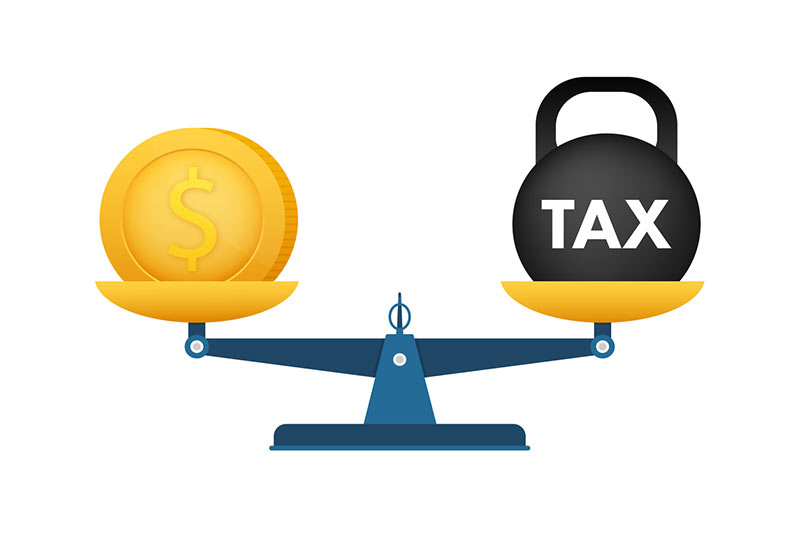
What is an estate freeze?
An estate freeze refers to transferring the future growth of your corporate investments into your children’s hands. An estate freeze limits the value of your estate reflected in your corporate holdings when the freeze is implemented. Accordingly, capital gains and other tax exposure on the future growth of the investments that otherwise would arise on your death are now deferred to the next generation.
Why do an estate freeze now?
The stock market has not been kind to your portfolio. Your portfolio of $2 million a few years ago has shrunk to $1.5 million. You remain confident that your investments will fully recover.
Implementing the estate freeze is straightforward. You convert your common shares to fixed-value shares at the current market value of $1.5 million. New common shares are then issued to your children or held in trust for them to allow you to maintain control. Either way the shares are set up so that you retain absolute control over the company.
Upon your death, you are deemed to have disposed of all your assets at their fair market value, and your estate is required to pay the capital gains tax on this deemed disposition. Your capital gains tax is based on the $1.5 million value, regardless of the current value of the investments. So it makes sense to implement an estate freeze when the value of the investments is down.
Once the estate freeze is implemented, any funds you withdraw from the company should be a partial redemption of the fixed-value shares. Suppose all the shares worth $1.5 million are redeemed before you die. In that case, you avoid the capital gains taxes on death since the value of the corporate investments is all attributed to your family members. Even if the corporate investment value is $5 million on your death, you will avoid the capital gains taxes altogether.



